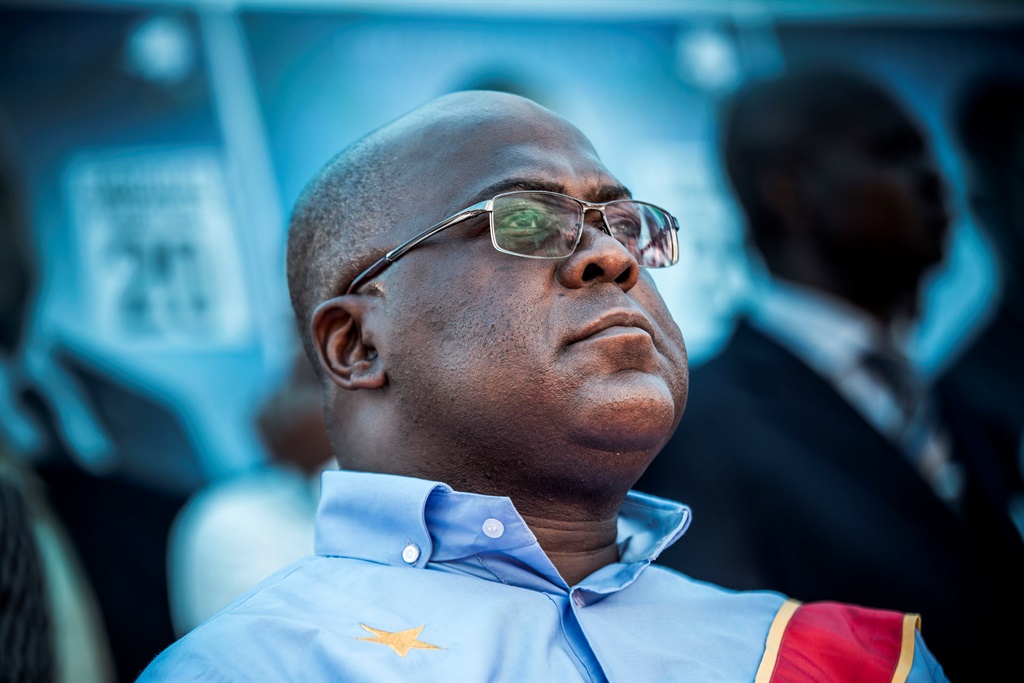

The Democratic Republic of Congo must nearly halve government spending plans this year, the finance ministry said on Monday, in a blow to President Felix Tshisekedi’s much-touted anti-poverty schemes.
The government’s budget for 2020 set down the equivalent of $10.59 billion dollars in spending but only $5.45 billion is being allocated, the finance ministry said.
Its so-called cashflow plan factors in “unfavourable trends in the current situation,” the ministry said in a statement, referring to the “collapse” in the price of cobalt in the last quarter of 2019.
DRC is the world’s biggest producer of cobalt, a key ingredient in batteries.
The International Monetary Fund (IMF) in December granted the country emergency credit of $368.4 million to meet urgent balance-of-payments needs, but warned that its initial budget lacked “realism.”
The 2020 budget has to take into account the estimated $2.6 billion cost of Tshisekedi’s pledge, initiated in September, to make primary-school education free.
On Friday, the president also launched a “national strategic plan” for “universal health coverage” – a scheme unveiled in the presence of World Health Organization (WHO) chief Tedros Adhanom Ghebreyesus.
Health Minister Eteni Longondo said the aim was to provide universal coverage “after perhaps five, 10, 15 years.”
DR Congo is the largest country in sub-Saharan Africa, and sits atop vast mineral wealth.
But it also struggles with government incompetence, corruption and inequality. Two-thirds of its roughly 80 million inhabitants survive on under $2 per day.
Tshisekedi took office in January 2019, succeeding President Joseph Kabila, who stepped down after 18 iron-fisted years at the helm.
He has vowed to step up the fight against poverty and graft, but his room for manoeuvre has been crimped by uncertainty in the commodities market and a parliament dominated by Kabila supporters.
